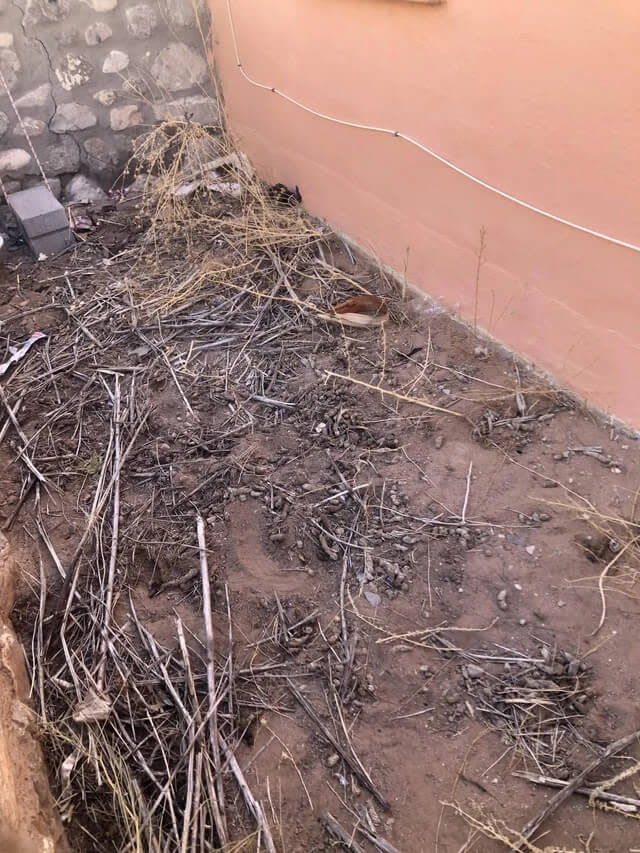Frustrated homeowner struggles to revive yard after stray cats turned it into a litter box: ‘Nothing seems to grow here’
A homeowner dealing with the effects of cat urine in their yard turned to the subreddit r/NativePlantGardening to ask for advice on rehabbing the unintentional “kitty toilet.”
They posted a photo of the patch of pebble-strewn dirt, saying that “nothing seems to grow here, and the street cats in my neighborhood [use] it as a litter box…I scoop the poop occasionally but maybe I should follow it with mulch? Seeding native plants?”

The community had several suggestions. First, several people mentioned an important safety tip: wear gloves to avoid getting ringworm or other parasites.
“Clean up the debris…and spray the whole area with undiluted concentrated white vinegar to mask some of the smell,” one person wrote, before recommending laying down cloth soaked in coyote urine. “Using a scent as a deterrent is the most humane and often most cost-effective way to keep cats, rodents and other small mammals off of your property,” they concluded. Another Redditor had a scent-based tip but with something entirely different: coffee grounds.
Another commenter suggested a different approach. “Unless you want to buy [coyote urine] for the rest of your life, the better option is to cover the surface with large rocks. Cats like that area because it is easy to dig in. I would go baseball-sized rocks,” they wrote.
Another poster brought up plant-based solutions. “I have similar areas. I have thyme going to seed and I’m going to spread it around. It’s in the mint family and a little rampant. It’s pretty drought tolerant and honey bees and others like the flowers.”
This seed-scattering approach is popular, especially with the recent upswing in rewilded yards and irrigation-free xeriscaping. Growing native plants — such as wildflowers, buffalo grass, or clover — is generally more affordable than keeping grass, due in part to low (or nonexistent) water bills for their upkeep. Native plants also create a healthy ecosystem for local pollinators, which are critical actors in the human food supply chain.
These approaches also offer numerous benefits for humans and animals alike. Non-grass yards can even be used to feed their caretakers directly, such as in the example of this homeowner who grew a “mini food-forest” featuring basil, zucchini, broccoli, cherry tomatoes, and more.
And the best part? No more cat pee.
Join our free newsletter for easy tips to save more, waste less, and help yourself while helping the planet.

